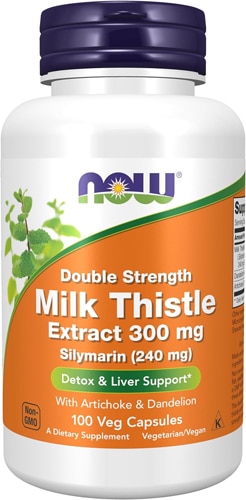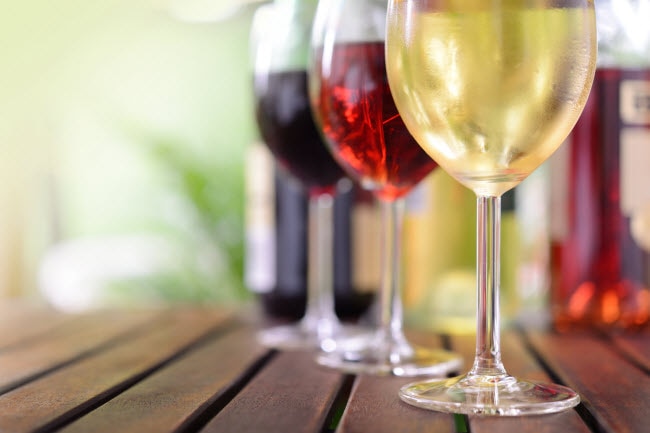A quartet of big holidays – Halloween, Thanksgiving, Christmas and New Year’s – are approaching fast. That means plenty of opportunities to imbibe a little extra cheer in the form of your favorite adult beverages.
But it’s no secret that alcohol can be bad for your well-being. On the one hand, drinking in moderation likely poses little risk to your health, says Jessica Crandall Snyder, a registered dietitian nutritionist and founder of Vital RD.
However, if you belly up to the bar a little more often than you should, it might be time to consider quitting drinking permanently.
"Keeping it out of your diet may be better option for you if you find yourself over-consuming," Synder says.
In addition to saving money and avoiding hangovers, here are four more great reasons to join the ranks of teetotalers:
1. It might help you to lose weight
Too much drinking adds unnecessary calories to your daily intake. According to the Center for Science in the Public Interest, here are how many calories you ingest when drinking some of our favorite spirits:
- Beer (12 ounces): 150
- Red or white wine (6 ounces): 150
- Sangria: 200 to 300
In addition, getting intoxicated can lead to overeating and "potentially poor food choices," Snyder says. That makes you more vulnerable to packing on pounds during the holidays, or any time of the year.
2. It will help you sleep better
This one sounds counterintuitive: After all, who hasn’t become a bit dreamy after having tipped back one too many?
But the initial feeling of relaxation and drowsiness that accompanies a few glasses of alcohol does not last once you fall asleep. A 2015 study published in the journal Alcoholism: Clinical and Experimental Research found that people who drink alcohol have sleep patterns that are altered and repeatedly interrupted.
The study found that alcohol use helped people to fall asleep initially. But during the second half of the night, sleep became more restless, with study participants experiencing increased numbers of awakenings, and more time overall spent awake.
So, if you want a little more shut-eye, shut down that nightly cocktail routine.
3. It will protect your liver
The Centers for Disease Control and Prevention says women should limit themselves to one drink per day, and men should not consume more than two.
However, such guidelines are "rarely complied with" -- especially when weekends are taken into account, Snyder says.
"If you drink more than that on the weekend, it increases your risk significantly for cirrhosis," she says.
Stop drinking, and you can protect your liver -- and lower your risk of both pancreatitis and gallstones, Snyder says.
4. It likely is the smart thing to do – even if you love red wine
We saved this one for last, because it’s probably the truth you least want to hear.
Remember all that talk about how a daily glass of red wine protects your heart? Well, it turns out that the health benefits of moderate drinking have been oversold.
In fact, the very notion that alcohol confers health benefits might just be complete bunk.
In August, a study published in the journal The Lancet declared that no amount of alcohol is safe to drink.
The study looked at the relationship between alcohol use and health impacts in 195 countries from 1990 to 2016. The conclusion: Drinking raises your risk of some of the worst things in life, including everything from diseases to accidents and self-harm.
The researchers' conclusion was blunt: "Our results show that the safest level of drinking is none."
While Synder believes moderate alcohol use poses little threat of harm, she acknowledges that more significant drinking can lead to “increased risk of cancer, dementia and heart-related concerns.”
So, this holiday season, put down the eggnog and pick up lemon-flavored water instead. It might just save your life, or at least make it happier and healthier.




